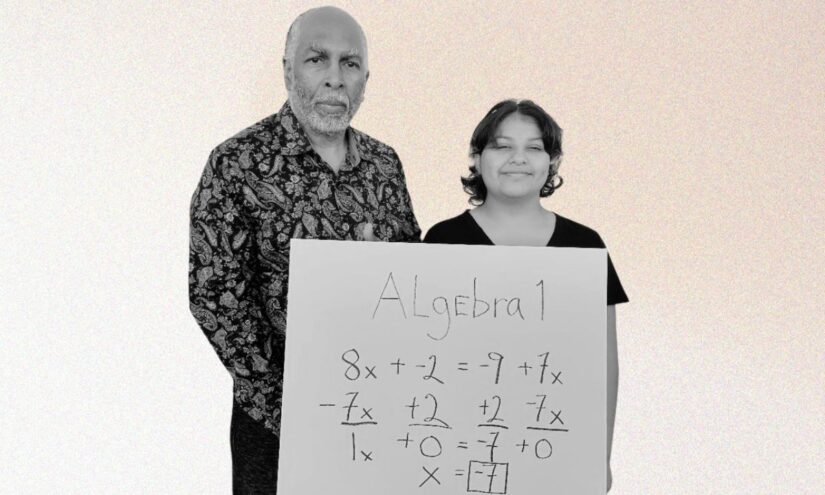

The San Francisco Unified School District (SFUSD) has decided to bring back algebra to its middle schools starting next fall, ending a controversial experiment that removed the course in the name of equity. The school board made the decision during its February 13 meeting, following pressure from various groups and a lawsuit filed against SFUSD. The issue will now be put to a public vote in a ballot measure [bb4f131d].
The decision to remove algebra from middle school had been praised by some groups but faced opposition from parents who believed it would hinder students' ability to take calculus in 12th grade. The controversy surrounding the removal of algebra led to a 10-year battle and a referendum that resulted in the recall of three school board members. Now, the district has reversed its decision and will pilot the reintroduction of algebra in the fall. Additionally, an online Algebra 1 course will be offered next school year, followed by a summer course in 2025 [bb4f131d].
The move to reinstate 8th-grade algebra in SFUSD reflects a larger debate about the role of advanced math courses in middle school and its impact on equity in education. Proponents argue that providing access to advanced math courses at an earlier stage can set a strong foundation for students pursuing STEM fields in the future. On the other hand, critics argue that early tracking can perpetuate inequalities and widen the achievement gap. The decision to bring back algebra in SFUSD highlights the ongoing efforts to strike a balance between equity and academic rigor in math education [bb4f131d].
Algebra in US schools has become a contentious issue, prompting ballot measures, lawsuits, and debates among parents. The subject has been required for decades, with most students completing the course in their first year of high school. However, there are debates over equity and academic opportunity, with questions about bias and discrimination keeping Black and Latino children from advanced math courses. Algebra serves as a crucial crossroads in the education system, as students who fail it are less likely to graduate. The racial and economic gaps in math achievement are wide, and some states have high numbers of poor children not meeting math standards. Different approaches have been taken, such as offering algebra to all middle school students or eliminating it altogether. Disputes over algebra have led to lawsuits, protests, and campaigns for change. Tracking, or separating students into different pathways based on achievement levels, has highlighted inequality, with a lower percentage of Black and Latino students taking algebra in middle school compared to white students. The algebra dilemma is complex and has not been fully resolved in many districts. [d4963018]